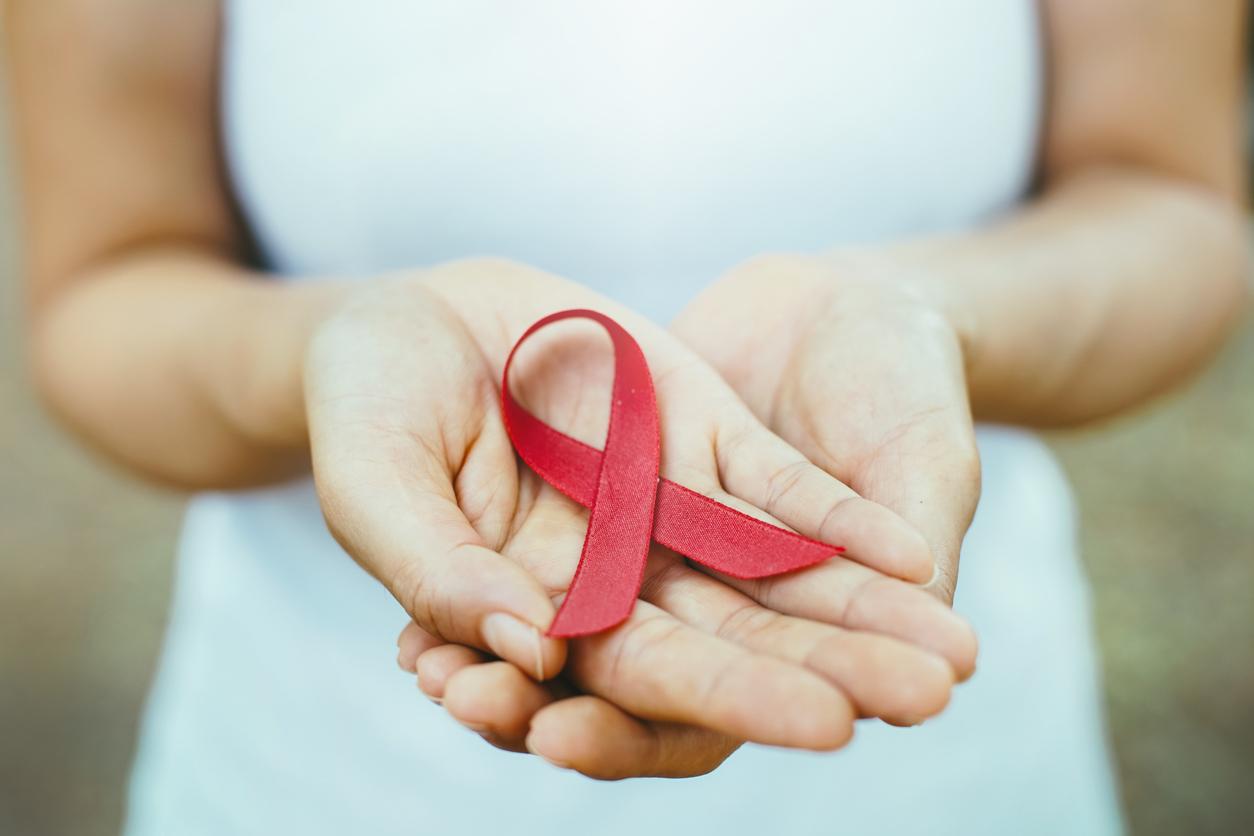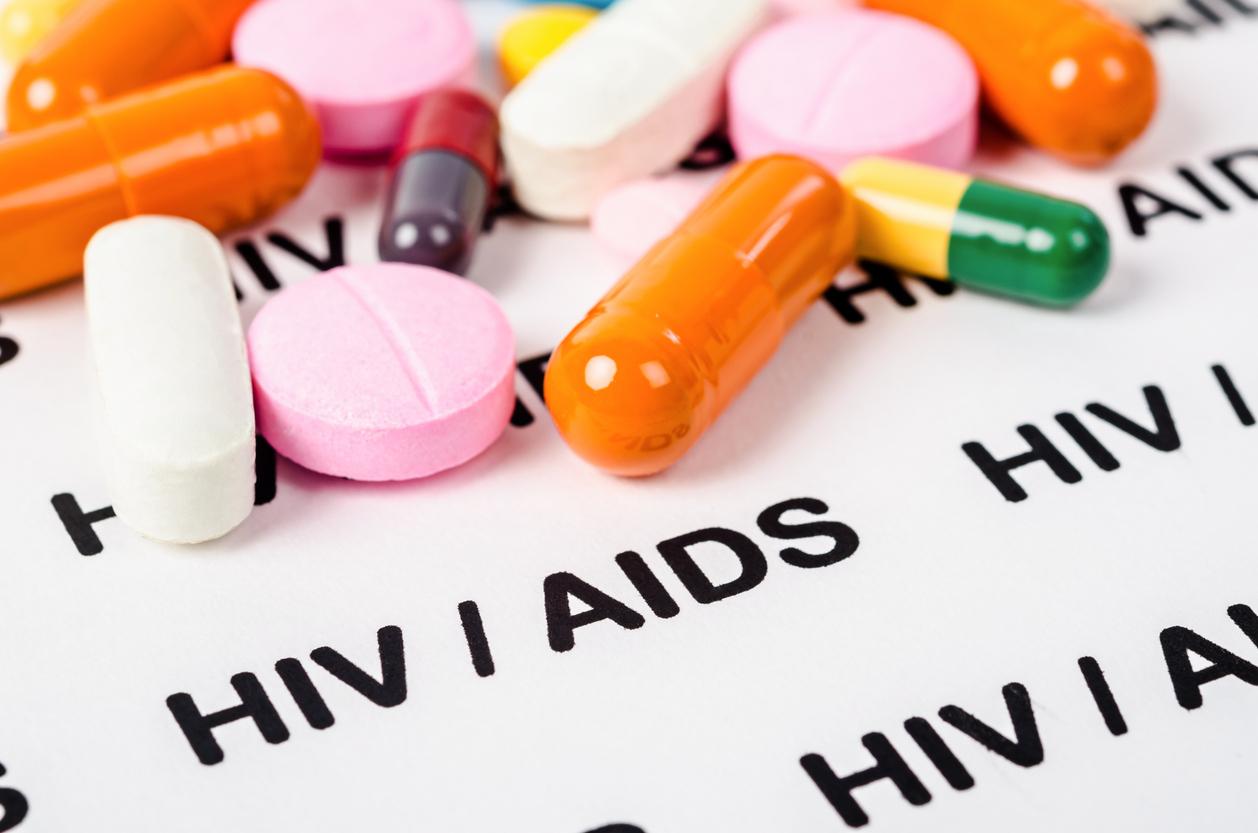The most common sexually transmitted infections are chlamydia, gonorrhea, syphilis and trichomoniasis.

More than 376 million people contract a sexually transmitted infection each year worldwide. That’s over a million people every day. In a new reportthe WHO reports that the number of cases has not dropped significantly since 2012.
More than 1 million new cases of curable sexually transmitted infections occur every day among 15-49 year-olds. Left untreated, they can lead to serious health conditions including infertility, increased risk of HIV & more. https://t.co/ftm1lHgnR1 via @WHO pic.twitter.com/LrOVcR4z1c
— United Nations (@UN) June 6, 2019
The condom, an effective means of protection
“We are seeing a worrying lack of progress in containing sexually transmitted infections globally,” says Dr Peter Salama, Executive Director for Universal Health Coverage and the Life Course at WHO. In 2016, the new cases were distributed as follows: 127 million for chlamydia, 87 million for gonorrhea, 6.3 million for syphilis and 156 million new cases of trichomoniasis.
Sexual intercourse is the main transmission route for these diseases. The WHO reminds us of the importance of condoms: used correctly, they allow safer sex. However, its use is not systematic: in 2018, a study carried out in France showed that only 50% of young people use a condom every time they have sex. Sex education should also make it possible to better inform populations about the risks associated with STIs.
Significant risk of complications
The four diseases identified by the WHO can be treated with medication. But if the treatment is not administered in time, they can have significant consequences on health: cardiovascular or neurological diseases, ectopic pregnancies, sterility, infant death, etc. In 2016, syphilis was the leading cause of newborn loss worldwide, with 200,000 deaths.
The 4 STIs mentioned above are not always accompanied by particular symptoms, which can make them difficult to detect. The WHO encourages sexually active people to take tests and recommends systematic screening for syphilis and HIV in pregnant women.
















